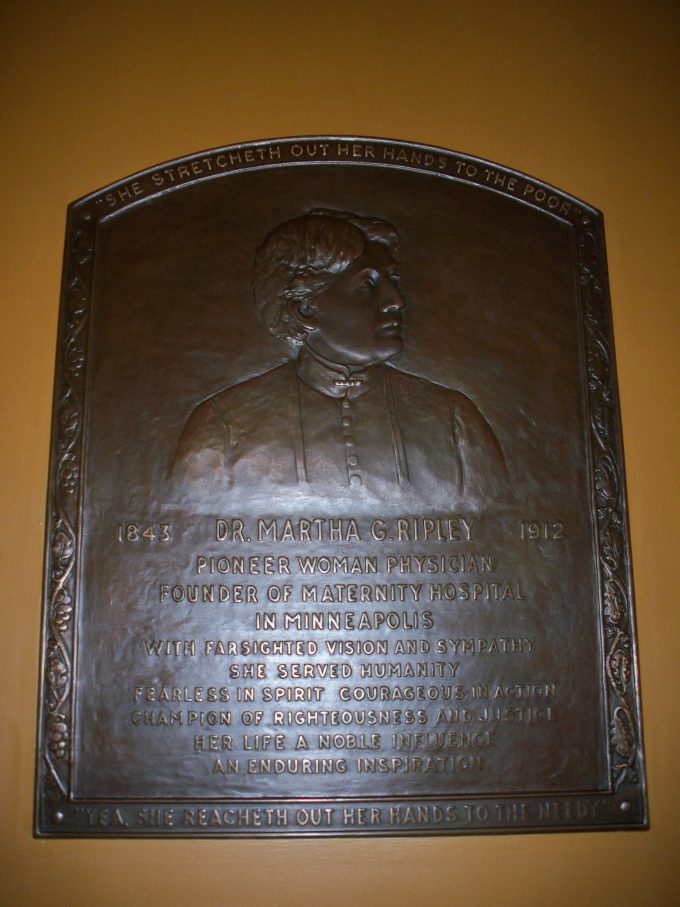
Wednesday, 28 June 2017
But as we have been approved by God to be entrusted with the gospel, even so we speak, not as pleasing men, but God who tests our hearts. 1 Thessalonians 2:4
Paul, on several occasions, completely disregards the opinions of others concerning his doctrine. For example, in 1 Corinthians 4:3,4, he says –
“But with me it is a very small thing that I should be judged by you or by a human court. In fact, I do not even judge myself. 4 For I know of nothing against myself, yet I am not justified by this; but He who judges me is the Lord.”
Again in Galatians 1:10, he says –
“For do I now persuade men, or God? Or do I seek to please men? For if I still pleased men, I would not be a bondservant of Christ.”
This is his same train of thought here in 1 Thessalonians 2:4. He begins with “But.” That is given as a contrast to the thought of the previous verse. He, and those with him, did not proclaim the gospel from error or uncleanness, nor did they proclaim it in deceit. Instead, he says, “But we have been approved by God.” The words of verse 2 were given to show how fallen man conducts his affairs. But Paul shows the contrast in how he and those with him conducted theirs. They were approved by God, being led by the Spirit and having been examined and found faithful in their proclamation, as the Greek word translated as “approved” implies. They had passed the necessary test of God by holding fast to His message, and thus they were “entrusted with the gospel.”
The gospel is God’s message of redemption to the people of the world. Its source is from God, and the message which Paul proclaimed was fully in line with that divine source. He did not deviate as others were prone to do. He makes this evident by saying, “even so we speak, not as pleasing men, but God who tests our hearts.” While others had fallen, human reasons for proclaiming salvation messages, Paul and those with him completely rejected such things. Pleasing men was of no value to them when they knew that it is “God who tests our hearts.” In these words, he repeats the same word which was just translated as “approved.” God had tested them, and they had passed His most stringent examination.
Life application: Time and time again, the Bible says that God searches the hearts and minds of humanity. As He is omnipresent, this is an obvious truth. Do you consider this as you conduct your life’s affairs? There is nothing unknown to Him; even your darkest secrets are fully exposed to Him. Remember this as you go about your life. Consider your ways, and align them with what is pleasing to God. That alone is a mark of faith worthy of rewards.
Lord God, though we know that you are all-knowing and all-present, we often don’t consider that. We try to hide our secret faults and sins from You. But this is a futile effort indeed. Help us to be people of faith who constantly consider that You are with us, watching us, and evaluating us. In this, we will be more mindful of doing the things which are pleasing to You, and avoiding those things which You find wrong. Yes, be with us in this, O God. Amen.




